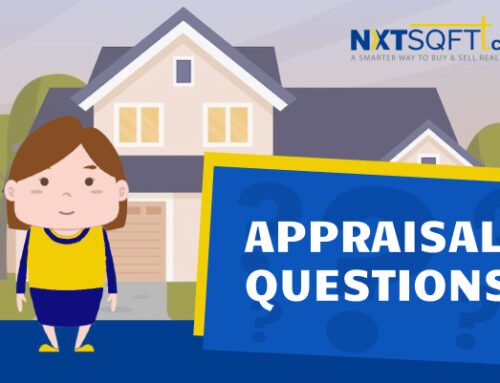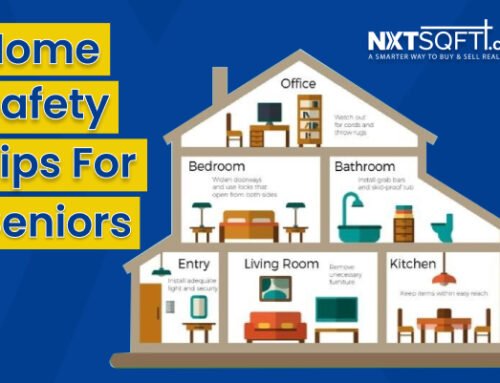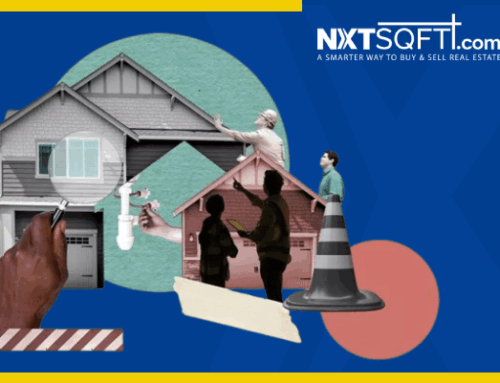Pros and Cons of Flipping a Home. It’s a simple system: buy an underpriced home that needs work, spend as little as possible to renovate it quickly, then resell it at a profit. This is harder to do than it looks on TV. Flipping is risky because your profit depends on having a very accurate estimate of what it will cost to make the home marketable. Work with a contractor who’s good at estimating and managing projects but remember, even experienced builders can’t see hidden issues. Another risk is the length of time you hold onto the property—your profit shrinks as you keep paying the mortgage. You’ll lower this risk if you live in the house while fixing it.
Consider a Rental Property. One way to do this is by “house hacking”—either buy a house or condo you occupy and rent out the spare rooms, or buy a multi-unit rental building and live in one of the units. We can help you purchase properties with up to four units financed with a residential mortgage. Another way to go is to buy and rent out an entire investment property. Make sure all expenses are less than the rental income, including the cost of a property manager if you don’t want to be one. Check that the market you invest in is growing in population and jobs.
Think About Buying a REIT (real estate investment trust). REITs are companies that own commercial real estate, such as office buildings, retail spaces, hotels, and residential rental properties. REITs tend to pay high dividends, which retirees can take, while others automatically reinvest the dividends to build their investment. The two types depend on whether they are publicly traded or not. Non-traded REITs are not easily sold and might be difficult to value. Publicly traded REITs trade on an exchange like a stock. You may want to start with publicly-traded REITs you buy through a broker.
You can open an account online in a few minutes and many companies don’t require an initial investment, although a REIT may require a minimum. As with all investments, consult with a financial professional before making any decisions.
Research Real Estate Crowdfunding Sites. Examples of these investment platforms include CrowdStreet, RealtyMogul, and Fundraise. Here are Investopedia’s top 6 for 2020. Investors on these sites hope to get monthly or quarterly distributions from financing projects through debt or equity. Tread carefully here: investments are speculative with a significant amount of risk; you can’t easily sell them like a stock, and there are platform fees. Be sure to consult with a financial professional before making any decisions.
Thinking of selling or buying a home ? Please text, call, or email us if you’d like to find out about your best options!











